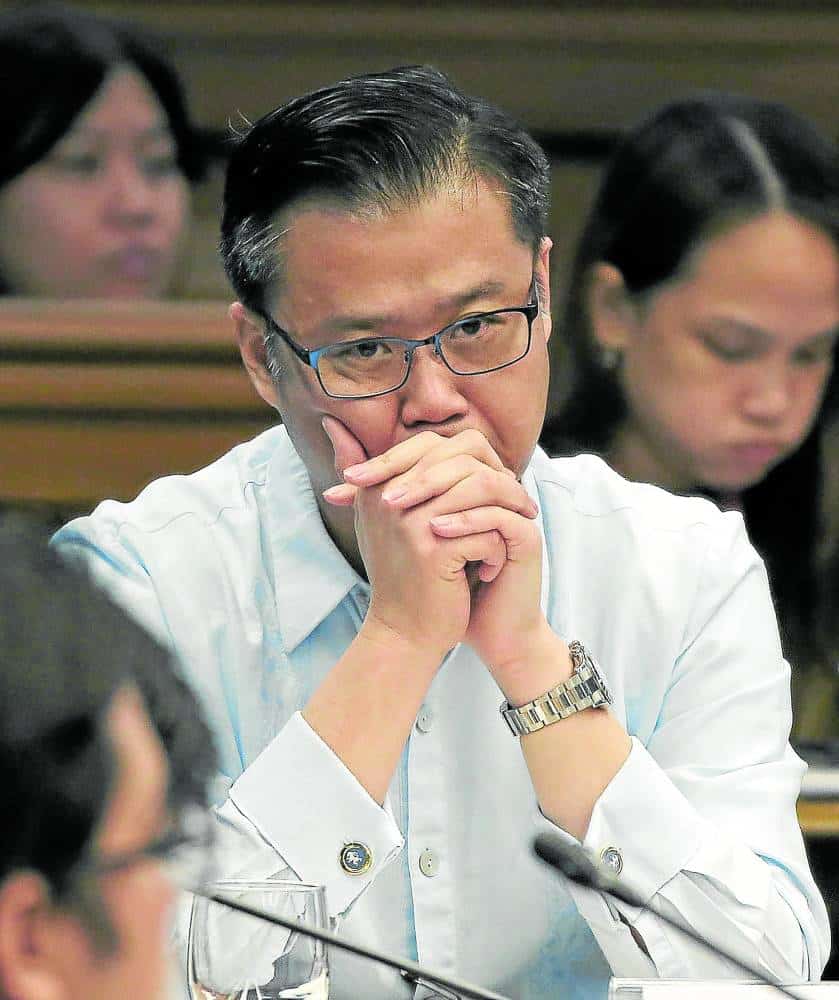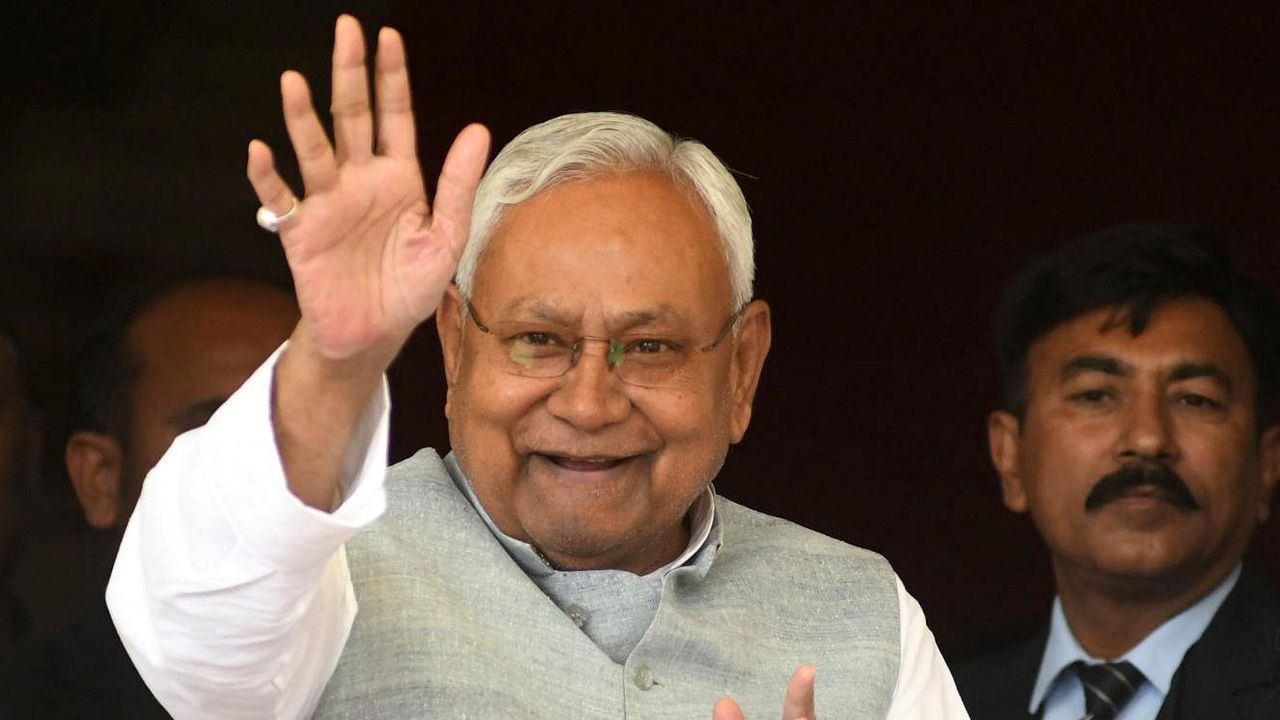Ignacio García Bercero (Madrid, 67 years old) has a long professional career in the European institutions and knows the corridors of Brussels perfectly. Since last year, he has been a researcher at the Bruegel, however, has worked for the European Commission for over 35 years and, among others, has been assigned to the European Union delegation at the United Nations, and was responsible for the negotiations between the European bloc and the first . You who have experience.
.. How to deal with Trump? We're talking about completely arbitrary tariffs at levels not seen since the 1930s, at the time of the Great Recession.

The impact is enormous, and we're facing an extremely, very, very serious protectionist action. The EU must demonstrate its capacity to react. I mean, speak his language? Just because they commit suicide doesn't mean we should commit suicide too.
The US has established them without any objective justification; it simply looks at which countries it has a trade deficit with and has applied automatic tariffs ranging from 10% to 50%. The EU must be smarter and , but rather limit ourselves to taking actions that have minimal harm to our economy and maximum political impact in the United States. For me, that balance is key.
Do you really think the EU will respond, or are you just waiting for Trump to back down? It must respond, and in a robust, rapid, and intelligent manner. It has all the necessary instruments, . It has never been used, but perhaps the time has come.
But wasn't it intended more as a deterrent tool to prevent, precisely, tariff attacks from third parties? Exactly, but a deterrent becomes ineffective if it's never applied, especially if you warn that you'll apply it if you're hit with tariffs. And I wouldn't get my hopes up about Trump. ; I don't think he'll reconsider.
France has suggested that this anti-coercion instrument could be used to attack major US technology companies. Our tariffs must be applied in sectors where we have effective alternatives to American products and where the impact on our companies is as limited as possible. And, of course, this means going beyond tariffs.
We can restrict our public procurement market to US companies, and we can implement countermeasures in the services sector and against large technology companies. The response must be carefully evaluated, but I believe such actions are absolutely necessary. The EU is looking for new trading partners.
Where should it look? We must be clear that the world doesn't end in the US, and I believe that with Trump, we have an opportunity in the Indo-Pacific. Washington intends to significantly increase tariffs on countries like Japan, South Korea, Vietnam, etc., and I believe the EU can take advantage of this opportunity to begin strengthening alliances with the countries most affected by US trade policies.
And China? Of course, we'll have to talk to China, but I don't think it's the first objective of the EU's new alliances policy right now. I, on the other hand, would look more toward some important countries in the Global South, such as Brazil and South Africa. Furthermore, the agreement with Mercosur must be ratified, and agreements with India, Indonesia, and Thailand must be concluded.
We must strengthen all these ties so that we can one day stop depending on the whims of the US administration. Finally, do you think the current Trump administration is very different from the one you encountered? It has nothing to do with it. It was already a protectionist administration back then, but its goal was to balance the trade balance with China.
There were also problems with the EU, but they were localized in certain sectors, and when we demonstrated our capacity to respond, the conclusion was reached that open conflict between Brussels and Washington should be avoided, and that we should work toward a positive agenda. However, it was a very different world than today. Now the US is willing to attack left and right, and it's unclear who its allies and adversaries are.
That's why I think Trump won't hold back because of the EU, no matter how many threats we make, but because of the negative impact his trade strategy could have on the EU. ..
Politics

"For the US to commit suicide, we don't have to commit suicide too."

Ignacio García Bercero (Madrid, 67 years old) has a long professional career in the European institutions and knows the corridors of Brussels perfectly. Since last year, he has been a researcher at the think tank Bruegel, however, has worked for the European Commission for over 35 years and, among others, has been assigned to the European Union delegation at the United Nations, and was responsible for the negotiations between the European bloc and the first Donald Trump administration.















